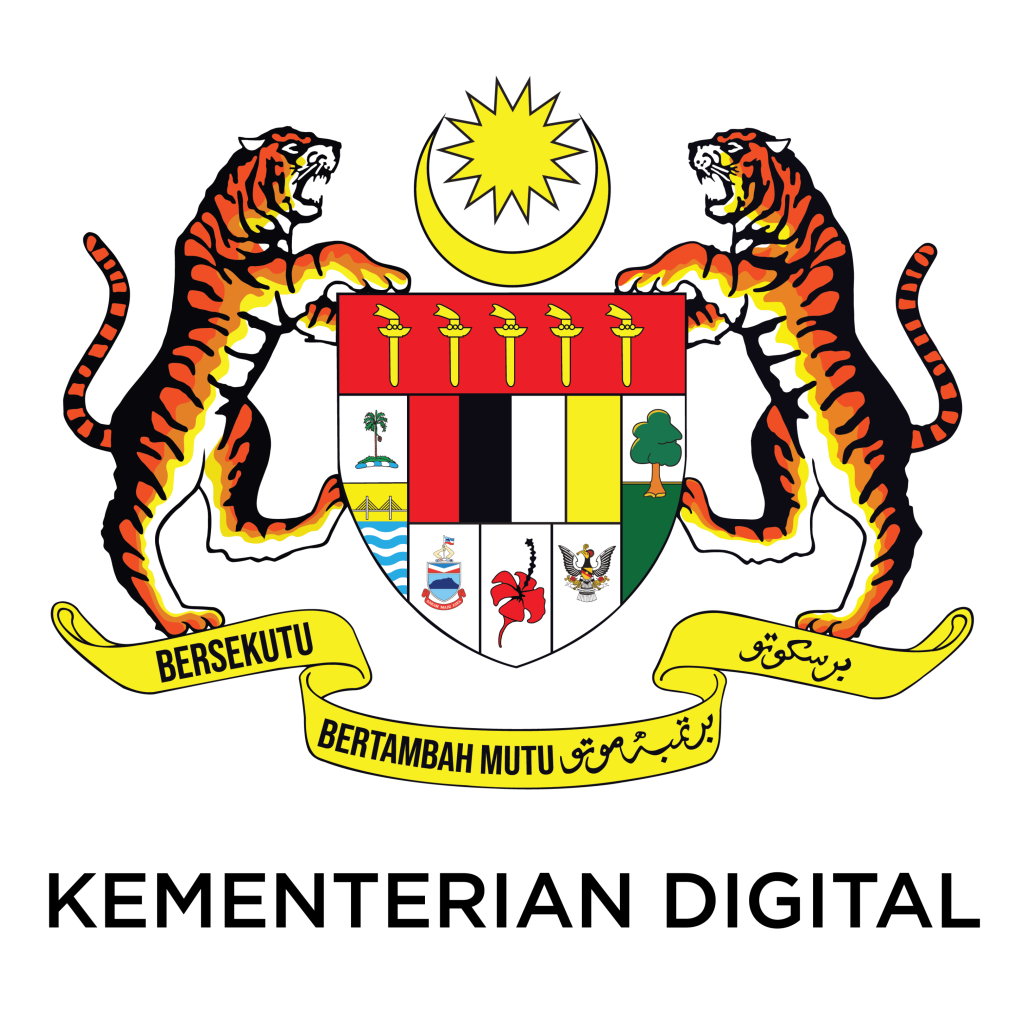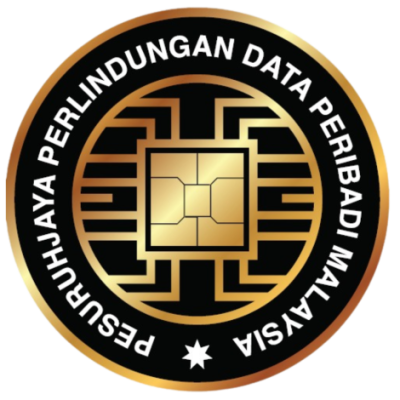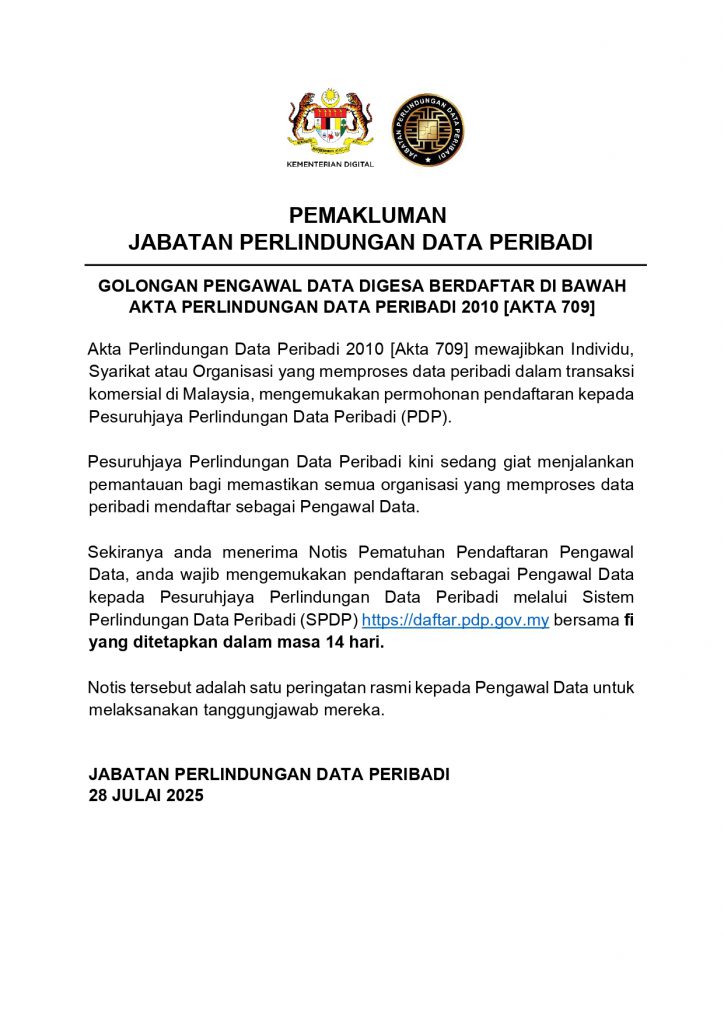

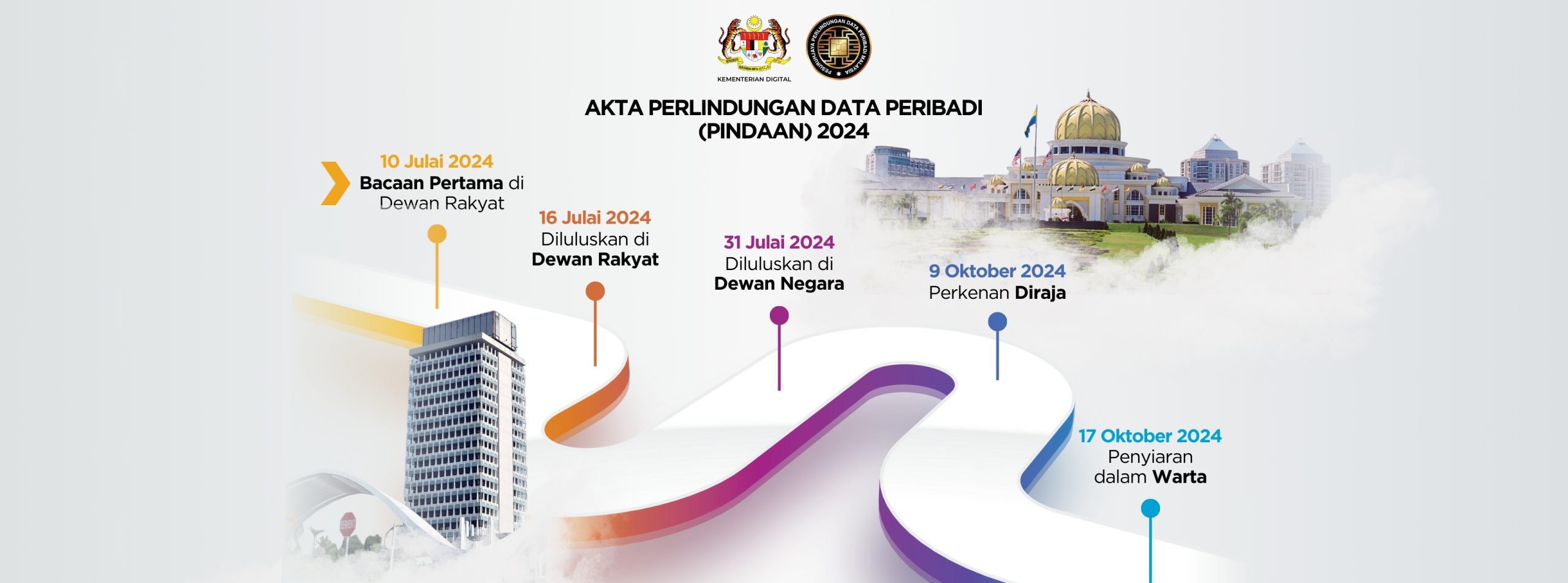
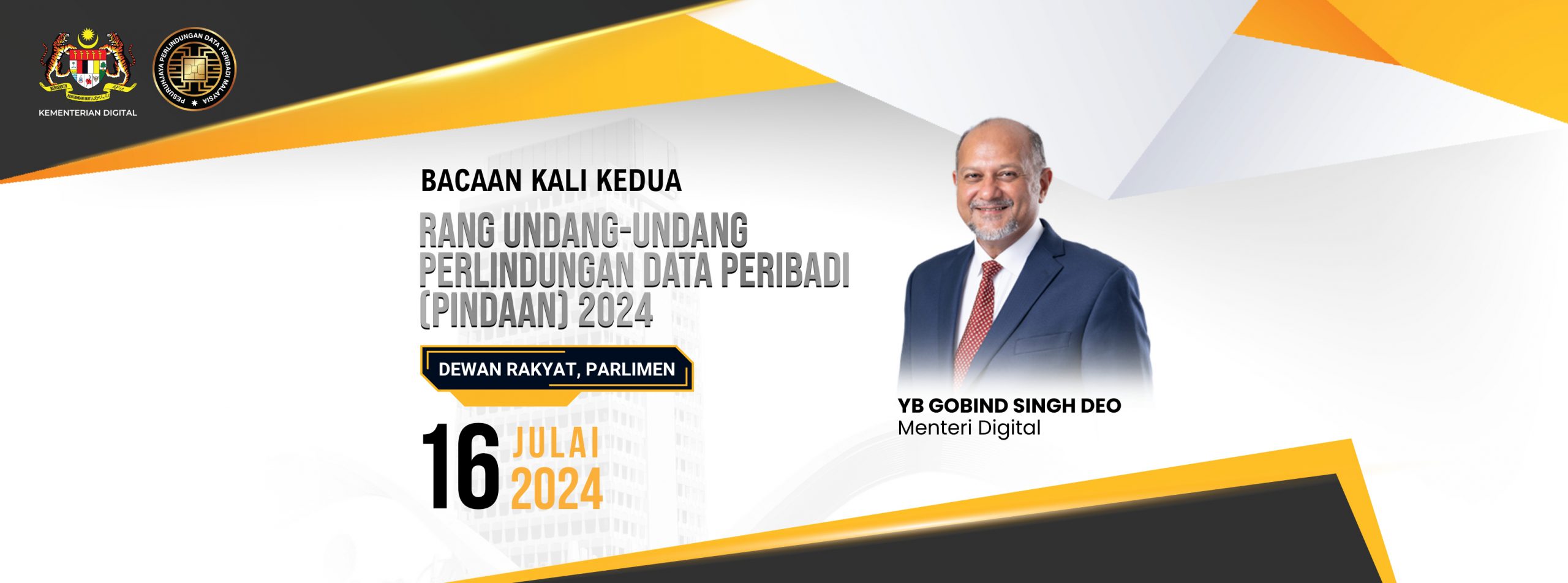


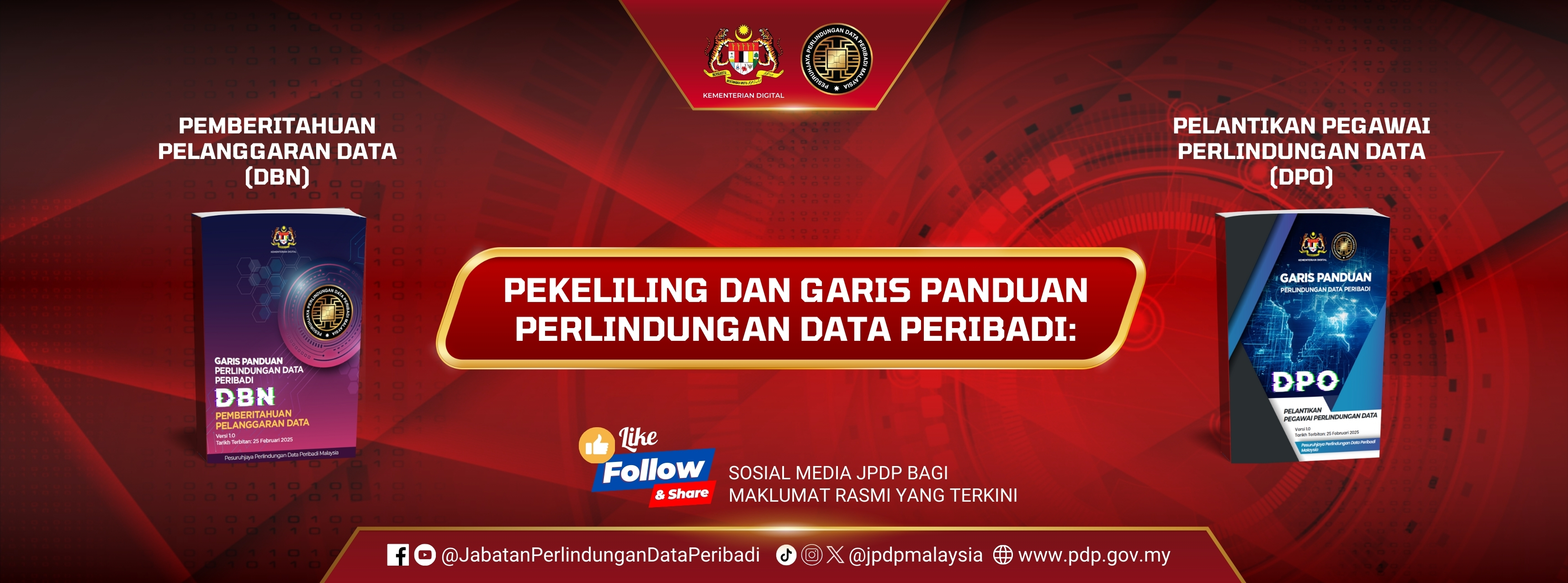
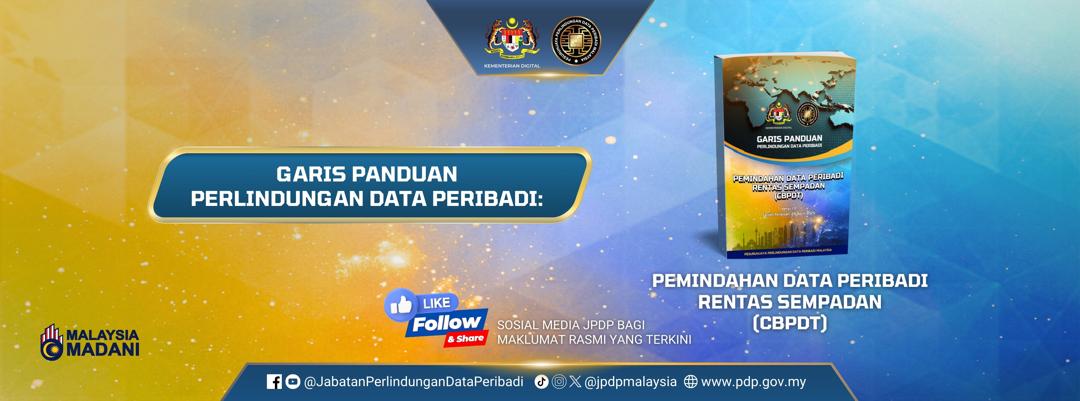
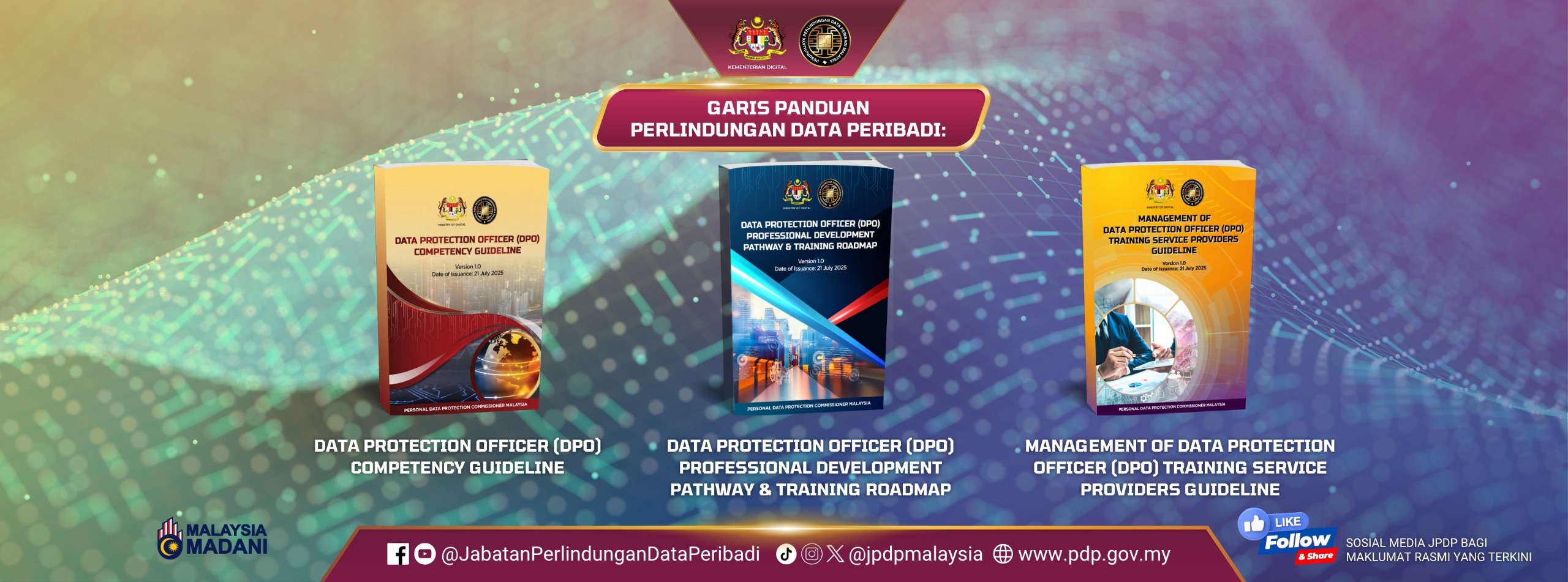
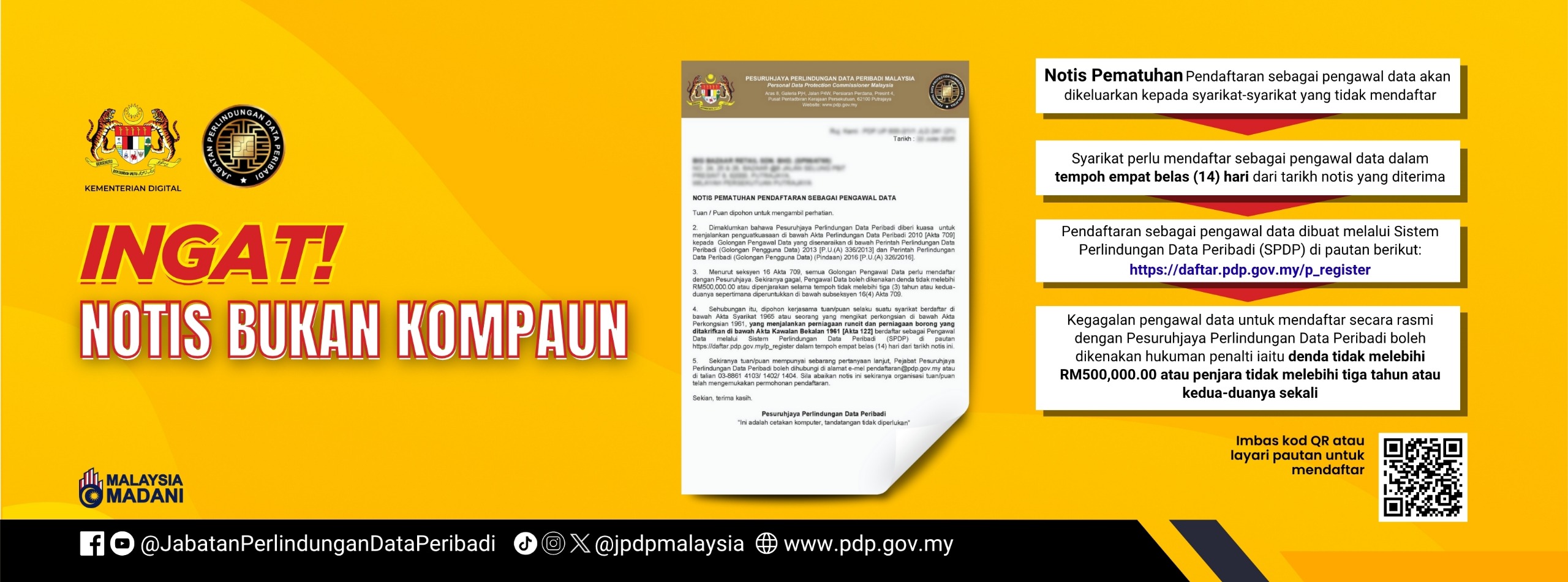
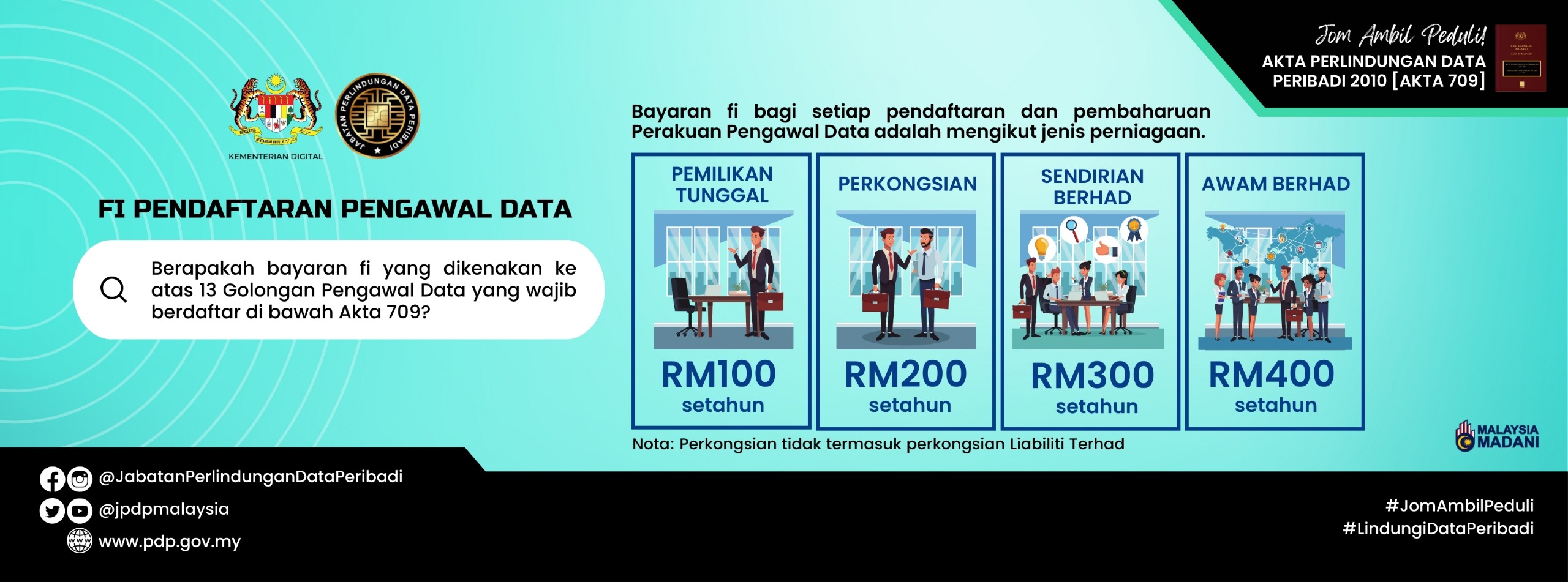
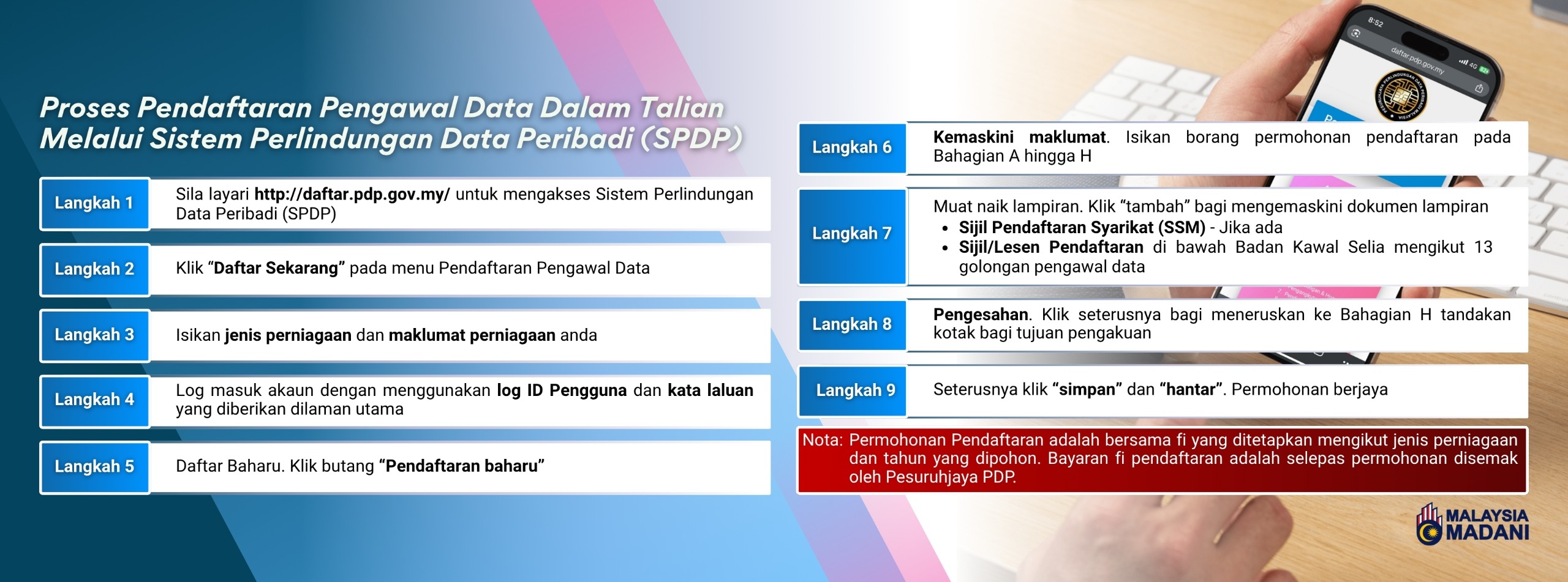

PERSONAL DATA
PROTECTION
COMMISSIONER OFFICE
Announcement
Public
Information you need to know about personal data protection
Organization
Guidance for public bodies and organizations that are data controllers
Personal Data Protection Act [Act 709]
Personal Data Protection Act 2010
The Personal Data Protection Act 2010 (Act 709) or APDP is one form of cyber legislation certified in the implementation of the Multimedia Corridor (MSC). This act is...
What is the use of act 709?
Any person who processes and has control over or authorizes the processing of any personal data in connection with commercial transactions...
Principles of Personal Data Protection
The public should know how our personal data is obtained and be aware of the 7 Principles of Personal Data Protection recommended by APDP 2010 (Act 709)
Personal Data Protection Standard
List of offenses and penalties under the Personal Data Protection Act 2010 (act 709) and subsidiary legislation under it...
Inspection Activities
Submission of 14 Day Reminder Notice for Data User Registration Around Larkin City, Johor
SUBMISSION OF 14-DAY REMINDER NOTICE OF DATA USER REGISTRATION UNDER THE PERSONAL DATA PROTECTION ACT 2010 [ACT 709] AROUND LARKIN CITY, JOHOR The Enforcement Team of the Office of the
Personal Data Protection System Inspection Visit Under Section 101, Act 709 above Mindtech Education Sdn. Bhd., Kota Damansara, Selangor
PERSONAL DATA PROTECTION SYSTEM INSPECTION VISIT UNDER SECTION 101, PERSONAL DATA PROTECTION ACT 2010 [ACT 709] TO MINDTECH EDUCATION SDN. BHD., KOTA DAMANSARA, SELANGOR The Enforcement Team of the Office
Personal Data System Inspection Visit Under Section 101, Act 709 above KY Maju Development Sdn. Bhd, Penang
PERSONAL DATA SYSTEM INSPECTION VISIT UNDER SECTION 101, PERSONAL DATA PROTECTION ACT 2010 [ ACT 709 ] TO KY MAJU DEVELOPMENT SDN. BHD, PENANG ISLAND The Enforcement Team of the
Awareness Program
Discussion of the One Leader One Village Program (Santuni Madani)
DISCUSSION OF ONE LEADER ONE VILLAGE PROGRAM (SANTUNI MADANI) YBrs. Professor Dr. Mohd Nazri bin Kama, Director General and Personal Data Protection Commissioner has come to the field to meet
Workshop on the Development of Personal Data Protection Standards and Guidelines for Cross-Border Data Transfer Mechanisms and Implementation
The Office of the Personal Data Protection Commissioner in collaboration with Futurise Sdn. Bhd. has organized a Personal Data Protection Standard Development Workshop as well as Cross-Border Data Transfer Mechanism
Personal Data Protection Principle Compliance Workshop Organized by Kuen Cheng Middle School, Kuala Lumpur
A Personal Data Protection Principle Compliance Workshop has taken place involving the participation of 50 staff from the Administration Section, Human Resources, Security Branch, Student Affairs and Information Technology organized
Enforcement Actions
Status travel agency Sdn. Bhd.
Year: 2018 Sector: Tourism and hospitalities Type of Offense: Section 16(4) – Certificate of Registration Compound Offer Rate: RM 10 000 .00
Status employment agency Sdn.Bhd.
Year: 2018 Sector: Services Type of Offense: Section 16(4) – Certificate of Registration Compound Offer Rate: RM 10 000 .00
